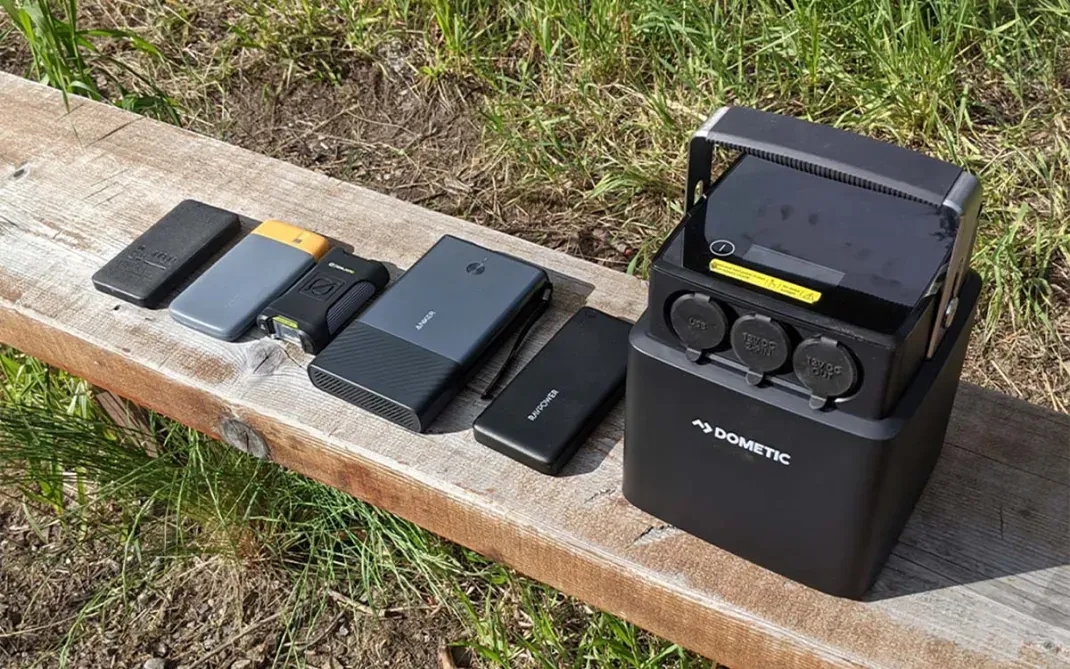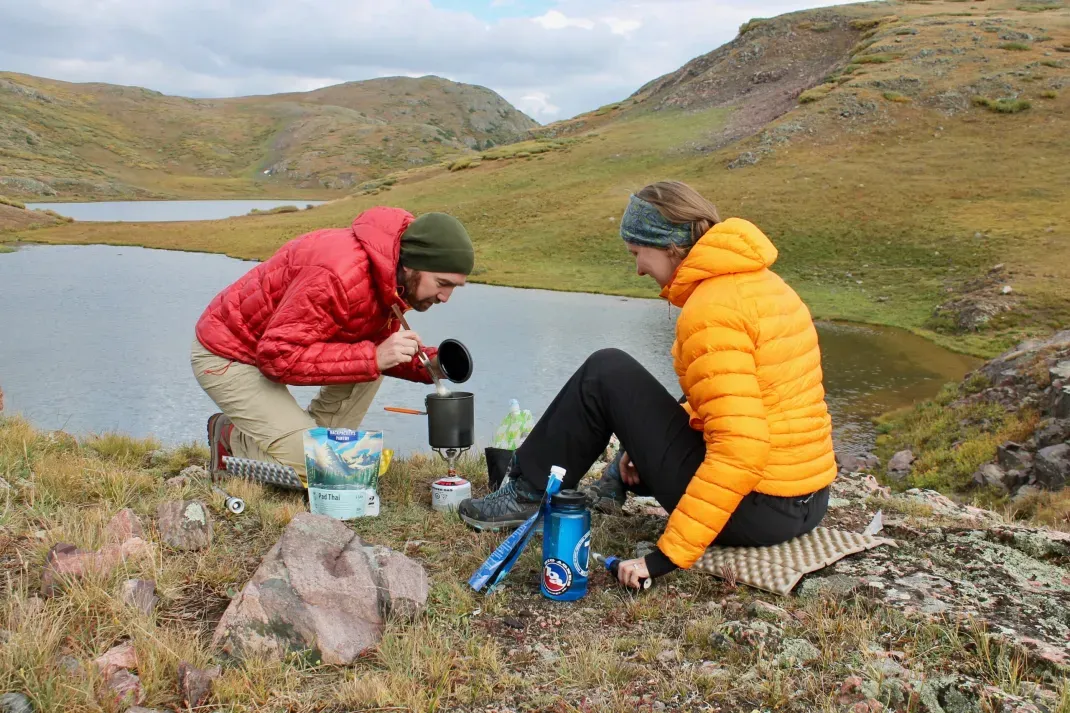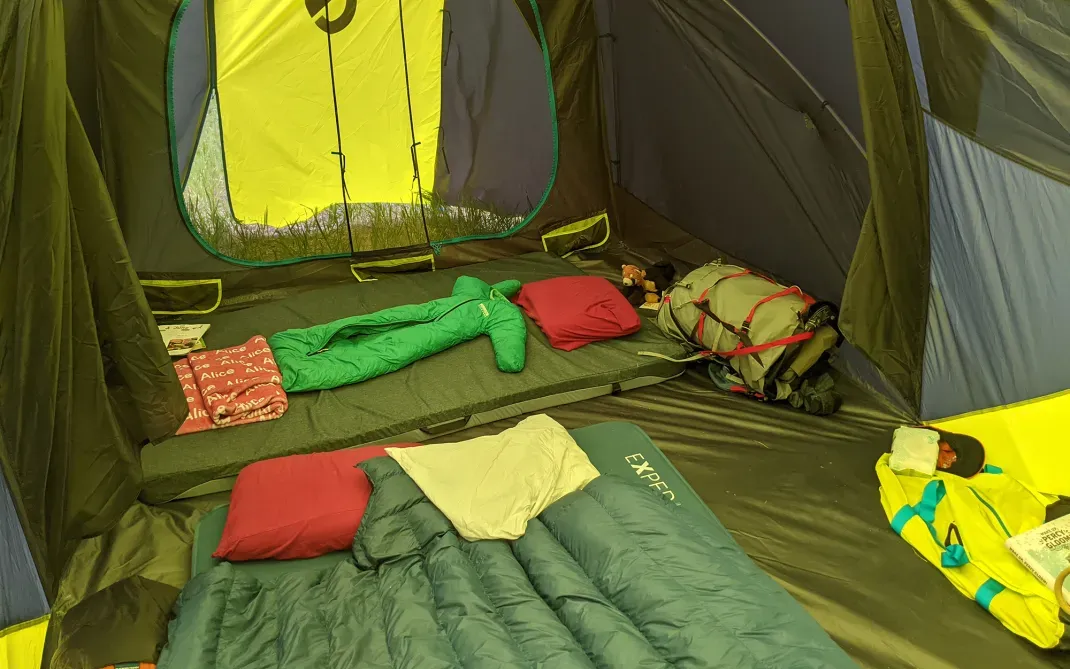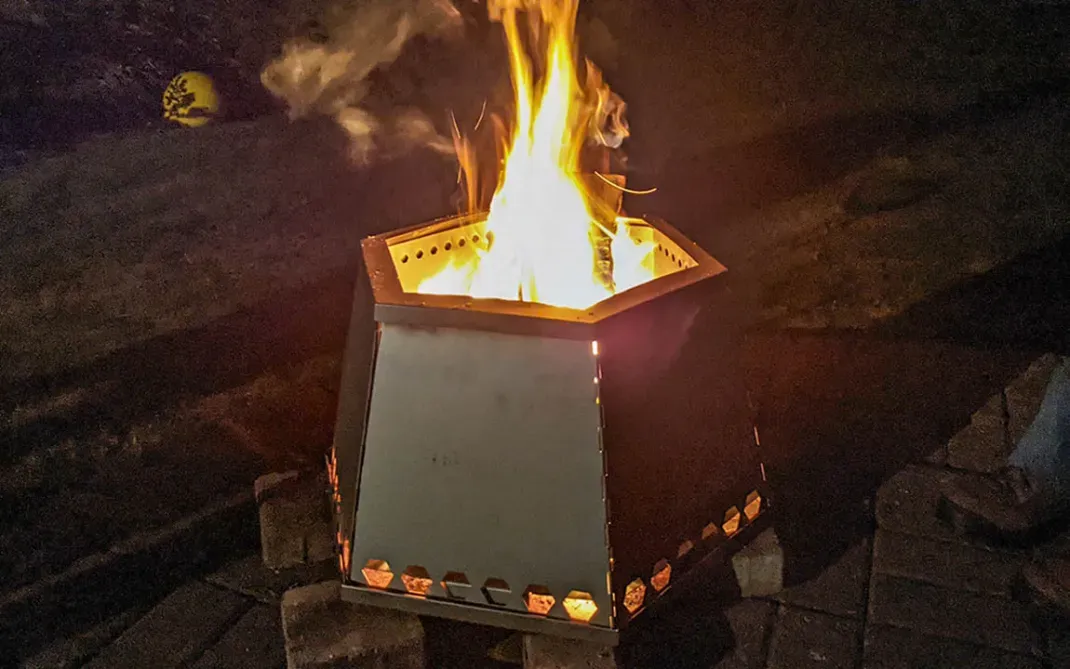The Best Coyote Calibers
When selecting the best calibers for coyote hunting, several factors come into play, including accuracy, range, and minimal fur damage. Popular choices include the .223 Remington, known for its flat trajectory and low recoil, making it ideal for quick follow-up shots. The .204 Ruger offers exceptional speed and minimal wind drift, perfect for long-range shots. For those preferring a heavier bullet, the .22-250 Remington delivers impressive velocity and energy. Additionally, the .243 Winchester provides versatility for larger game while still being effective on coyotes. Ultimately, the best caliber will depend on the hunter’s preferences and local hunting conditions.
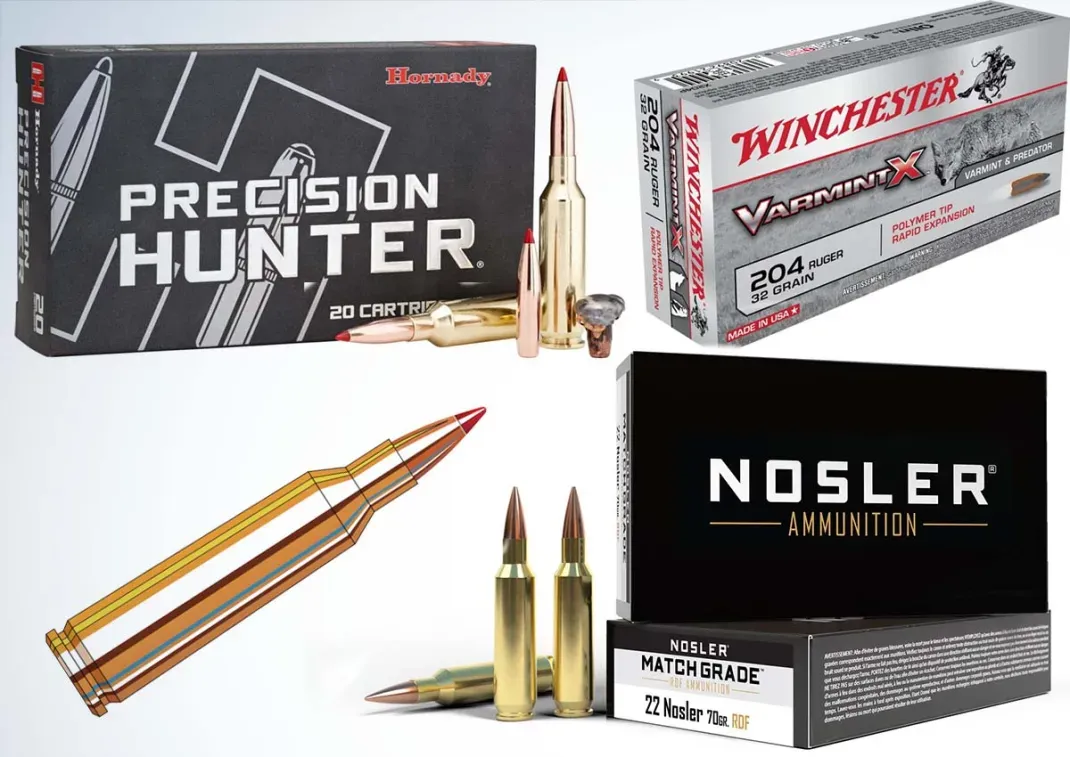
When it comes to hunting coyotes, selecting the right caliber is crucial for both effectiveness and ethical considerations. Coyotes are highly adaptable and intelligent predators, often found in diverse environments ranging from open plains to dense forests. This adaptability requires a versatile approach in choosing calibers that not only provide enough stopping power but also ensure precision and humane kills. The best coyote calibers typically range from small to medium in size, striking a balance between manageable recoil and lethal effectiveness.
A popular choice among coyote hunters is the .223 Remington caliber. Renowned for its flat trajectory and minimal recoil, the .223 allows for quick follow-up shots, which can be essential in coyote hunting where multiple animals may appear in quick succession. The caliber is also widely available, which adds to its appeal. The .223 is capable of delivering sufficient energy to take down coyotes effectively, especially when using high-quality expanding bullets designed for varmint hunting. Its lightweight nature makes it ideal for long days in the field, where carrying heavier ammunition can become burdensome.
Another excellent option is the .204 Ruger, which is celebrated for its impressive velocity and accuracy. This caliber is particularly favored by those who prioritize precision shooting, as it has a flat trajectory that allows hunters to take longer shots with confidence. The .204 Ruger produces less recoil than larger calibers, making it an attractive choice for shooters of all experience levels. Additionally, its high velocity translates into effective terminal performance, ensuring that coyotes are dispatched quickly and humanely. The .204 Ruger is especially effective when paired with lightweight bullets that expand rapidly upon impact, making it a formidable choice for coyote hunting.
For those who prefer a bit more punch, the .22-250 Remington is a time-tested caliber that has gained a loyal following among coyote hunters. It offers a significant increase in velocity and energy compared to the .223 and .204, making it an ideal choice for long-range shooting. The .22-250's flat trajectory and minimal wind drift contribute to its effectiveness even at extended ranges, allowing hunters to confidently engage coyotes that may be farther away. The caliber is also versatile, capable of handling a variety of bullet weights and types, making it adaptable to different hunting conditions and preferences.
The .17 Hornet is another caliber that has risen in popularity among coyote hunters, particularly for those who favor lighter recoil and high-velocity performance. This caliber is known for its accuracy and is an excellent choice for those who enjoy varmint hunting. The .17 Hornet’s small bullet diameter allows for high velocities, which translates into flat trajectories and quick follow-up shots. Although it may not deliver the same energy as its larger counterparts, proper shot placement is crucial, and the .17 Hornet excels in delivering precise shots that can effectively take down coyotes.
The .243 Winchester is a larger caliber that many hunters turn to when looking for an all-around option. While it is often considered more than what is necessary for coyote hunting, its versatility makes it a favorite among those who may also hunt larger game. The .243 provides a balance of recoil management and stopping power, making it suitable for both novice and experienced shooters. Its ability to shoot heavier bullets also enhances its effectiveness in windy conditions, where larger calibers may struggle. For hunters who prefer to have one rifle that can handle multiple types of game, the .243 Winchester is an excellent choice.
In addition to these calibers, some hunters may opt for the 6mm Remington or the .25-06 Remington, both of which offer extended range and stopping power. These calibers excel in situations where longer shots are required, and they provide the necessary energy to ensure quick and humane kills. However, they do come with increased recoil, which may not be ideal for all hunters, particularly those new to the sport. Choosing a caliber like the 6mm Remington or .25-06 often depends on the hunter's personal comfort level and experience with recoil.
When selecting a caliber for coyote hunting, it is also essential to consider the type of ammunition utilized. Bullets designed specifically for varmint hunting are engineered to expand rapidly upon impact, creating a larger wound channel and ensuring a more efficient kill. Hollow-point and polymer-tipped bullets are popular choices, as they offer excellent expansion and accuracy. Additionally, the ability to handload custom ammunition can provide hunters with the flexibility to tailor their loads for specific conditions, such as varying distances or environmental factors.
Ultimately, the best coyote caliber will vary among hunters based on their preferences, experience levels, and the specific hunting conditions they encounter. A good understanding of ballistics, effective shot placement, and ethical hunting practices are paramount no matter the caliber chosen. Whether opting for the lightweight .223 Remington for its quick handling, the precision of the .204 Ruger, or the versatility of the .243 Winchester, the key to successful coyote hunting lies in the harmonious blend of caliber, ammunition, and skill. As with any hunting endeavor, preparation, practice, and respect for the game and environment will always lead to a more rewarding experience in the field.

